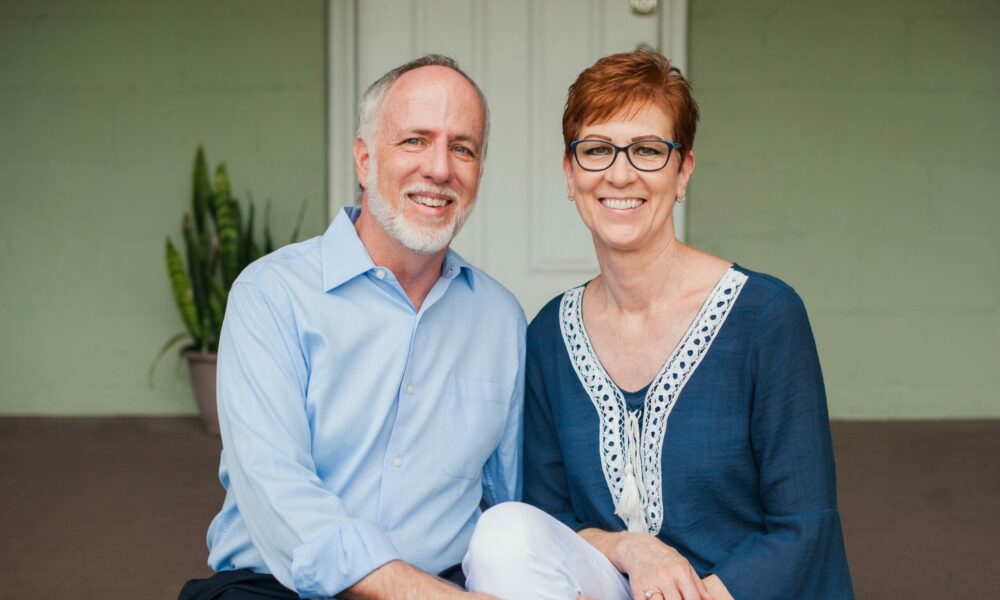

Today we’d like to introduce you to Barton and Lori Chelf.
Hi Barton and Lori, it’s an honor to have you on the platform. Thanks for taking the time to share your story with us – to start, maybe you can share some of your backstories with our readers?
In 2013, we became empty-nesters and moved to a condo on the south bank of the St. Johns River. We lived and worked downtown and embraced our new urban lifestyle. During Christmas of 2013, we assisted our church in providing gifts to needy families. Little did we know at the time that these were refugee families. We had lived in Jacksonville for over 20 years and had no idea that refugees were resettling in our community. We helped with gift delivery and met our first refugees. Later we saw one of the families in Walmart who wanted to exchange phone numbers. This led to other visits, and in 2014, we became their official friendship partners through World Relief Jacksonville. We loved this experience so much that we asked to have another family. While helping these families, we saw the essential need for sustained ongoing support by many refugees after their 90 days of government funding. The plight of the refugees touched our hearts, and after feeling helpless to provide the necessary support while managing a full-time career, Lori quit her job to help refugees full-time. In the fall of 2015, we sold our condo on the St. Johns River and moved into a low-end apartment complex to live among the refugee community. This move enabled us to provide onsite support to facilitate learning life skills and build lasting friendships with refugees from all over the world.
Unfortunately, the complex where we lived treated the refugees so poorly that they transitioned out quickly, and World Relief stopped placing new families at this location. At that time, we were helping a family of 8 from the Congo. Mom was pregnant and had just quit her job to have the baby, and the apartment complex told them they wouldn’t renew their lease because there were too many in the family, and they didn’t have any larger apartments. They could not meet the rent-to-income ratio needed to find another place with only one income. At about the same time, our lease was ending, and since very few refugees remained onsite, we decided to purchase a duplex. We moved the Congolese family into the larger 3 bed 2 bath portion of the house and the 1 bed 1 bath side. In 2017, we formed our nonprofit called Beyond90, and we continued to help families out of our homes until 2019, when we opened our own office. After living among the refugees and seeing the need for housing, it’s our goal to own a refugee-focused apartment complex complete with onsite services tailored to the specific needs of refugees.
Would you say it’s been a smooth road, and if not, what are some of the biggest challenges you’ve faced along the way?
When we opened our office in September of 2019, Lori was the only person there to help people because we were small and didn’t have funding yet to hire staff. Six months later, the COVID pandemic hit, and all the agencies in town went virtual. However, most of the refugee community didn’t have computers or know how to use them. Everyone began losing their jobs and needed help accessing public assistance benefits and applying for unemployment. We quickly adapted so we could continue to provide in-person services safely. Our office space had three adjoining rooms, each with exterior doors. We placed plexiglass barriers in the doorways between the rooms with tables on each side. Refugees would enter each room from the exterior doors and disinfect the table before they left, so it was ready for the next person. Because the barrier didn’t allow us to hear them as clearly as we needed, we used baby monitors to speak to each other through the plexiglass. We were thankful for the couple of volunteers who came to help us because we were the only site that remained open for in-person services. Refugees would come and wait for hours for help, but they were appreciative to meet with someone face to face.
Alright, so let’s switch gears a bit and talk business. What should we know?
Beyond90 has a special niche and meets a critical need. Newly arriving refugees are placed in low-end housing and are only provided enough funds for furnishings and rent for the first 90 days. At the end of this 90-day period, most refugees are not fully self-sufficient, which adds to the overwhelming stress that accompanies learning a new language, working, and adapting to a new country and culture. A number of these refugees have lived in camps for an average of seventeen years. Some may suffer from disabilities due to the circumstances that caused them to flee their homes.
Beyond90 is a 501(c)(3) nonprofit organization that bridges the gap to self-sufficiency for these refugees by providing support services, crisis management, learning opportunities, and mental health counseling. In 2021 we served over 580 refugee families. Through April of this year, we have already served over 890 families. It’s an amazing opportunity for us to work with these families and be their champions as they rebuild their lives in our community. We love every aspect of what we do, whether walking with them through the tough times or celebrating their successes. We are blessed and enriched by everyone we get to meet.
Any big plans?
Our big dream and one of the principal reasons that Beyond90 was founded was to provide refugees with safe housing. We are working to build a housing complex with onsite focused refugee services like general support, mental health, employment opportunities, and various classes such as English and job readiness. Transportation barriers are eliminated by combining housing with necessary services, and resettlement agencies no longer need to scour the city for safe housing. We couldn’t be more excited about this! It’s a WIN for refugees, a WIN for resettlement agencies, and a WIN for service providers.
Contact Info:
- Website: https://www.beyond90.org/
- Instagram: https://www.instagram.com/beyond90jax
- Facebook: https://www.facebook.com/Beyond90.org
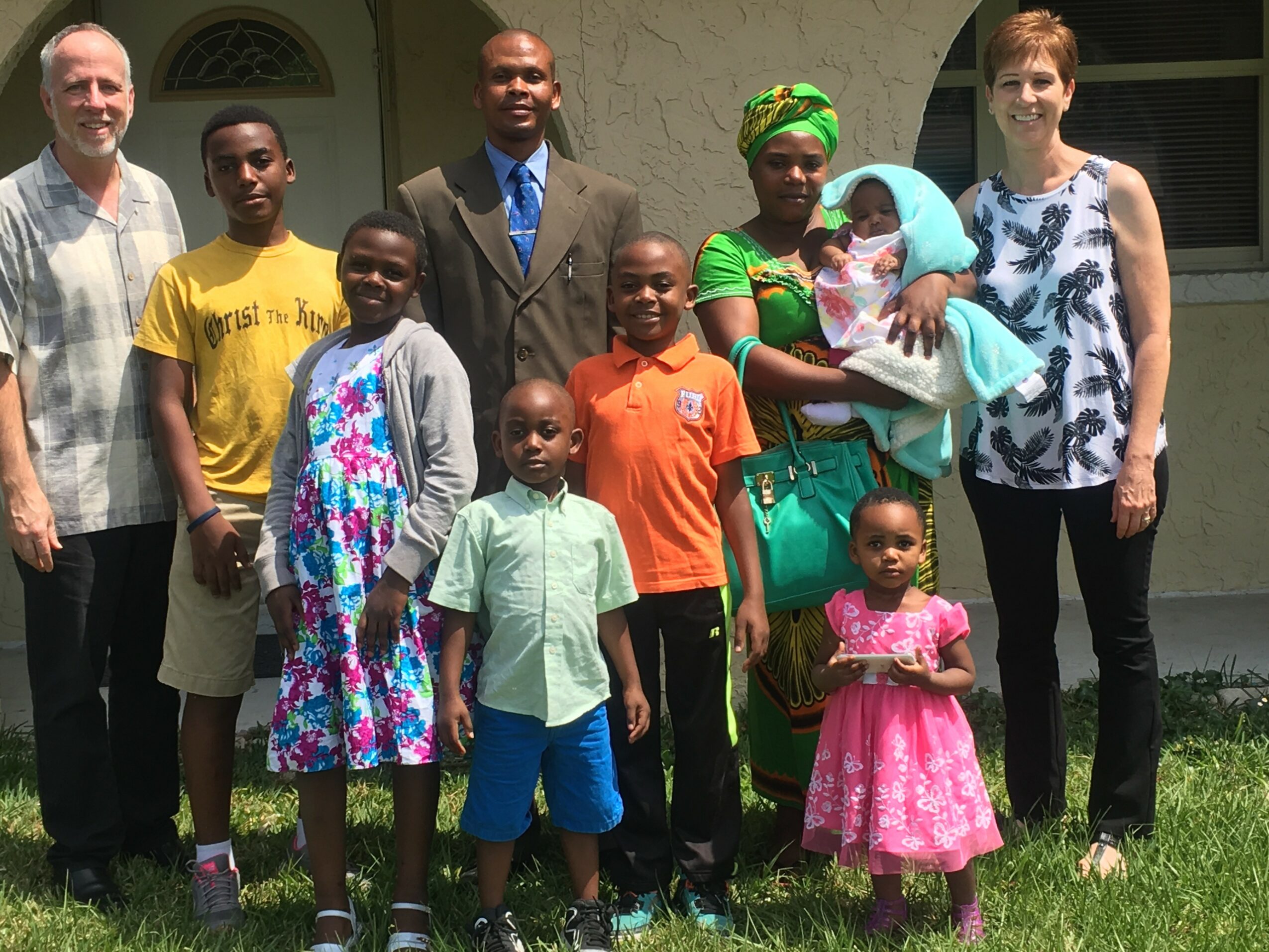
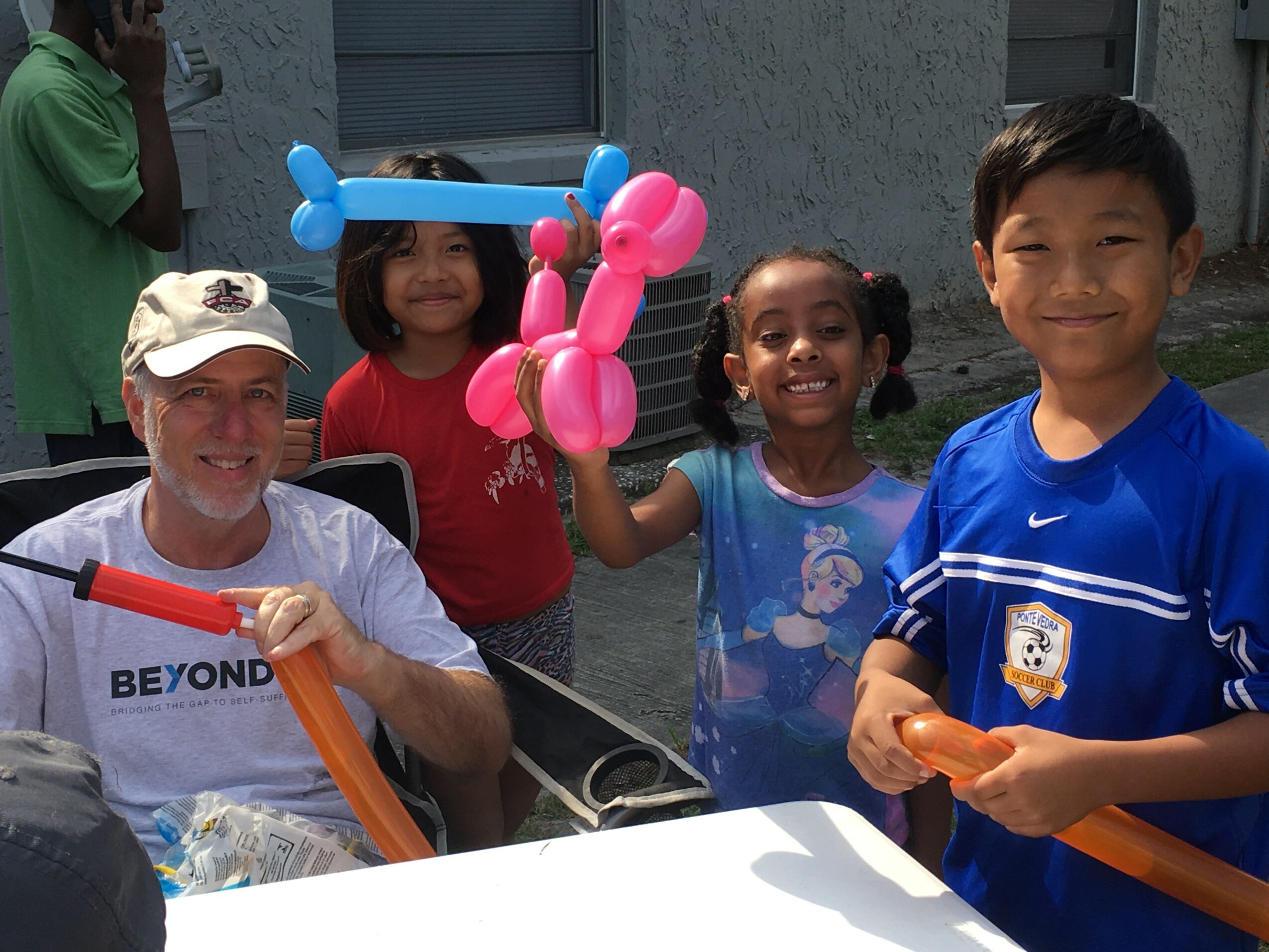
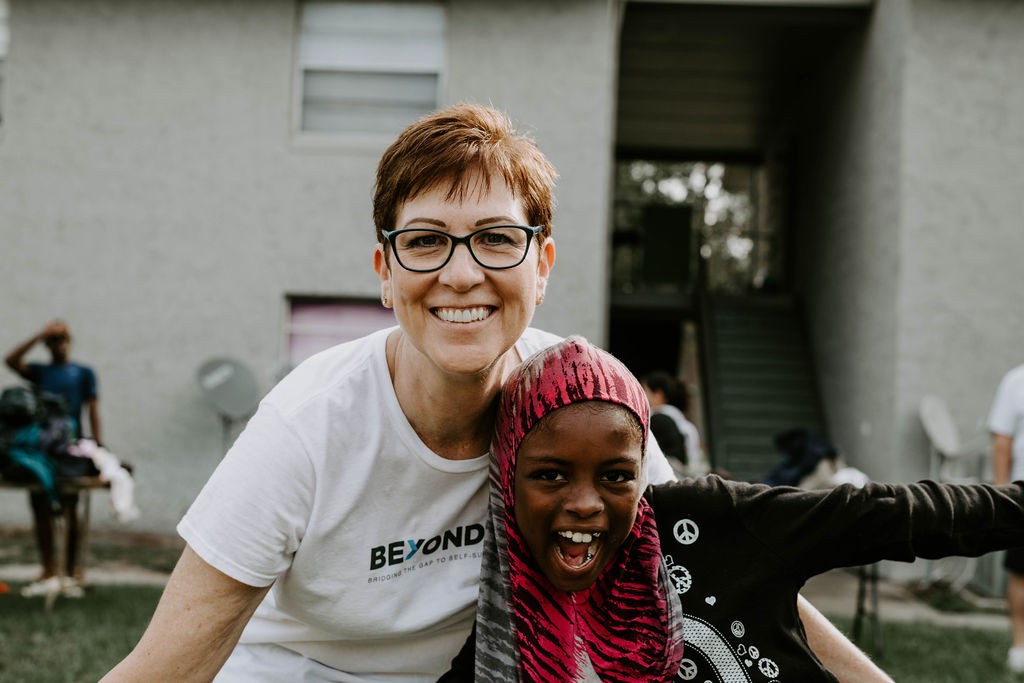
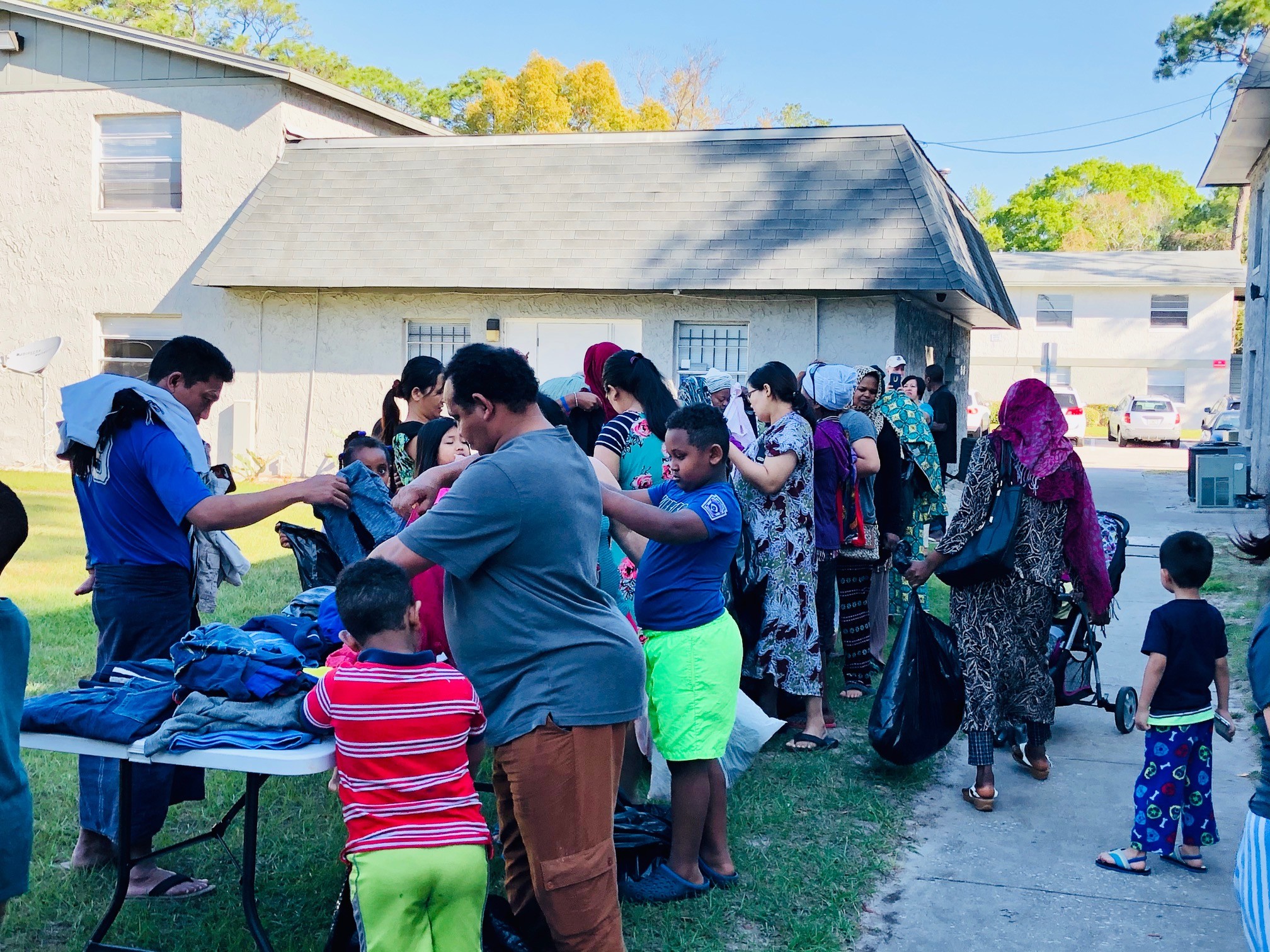
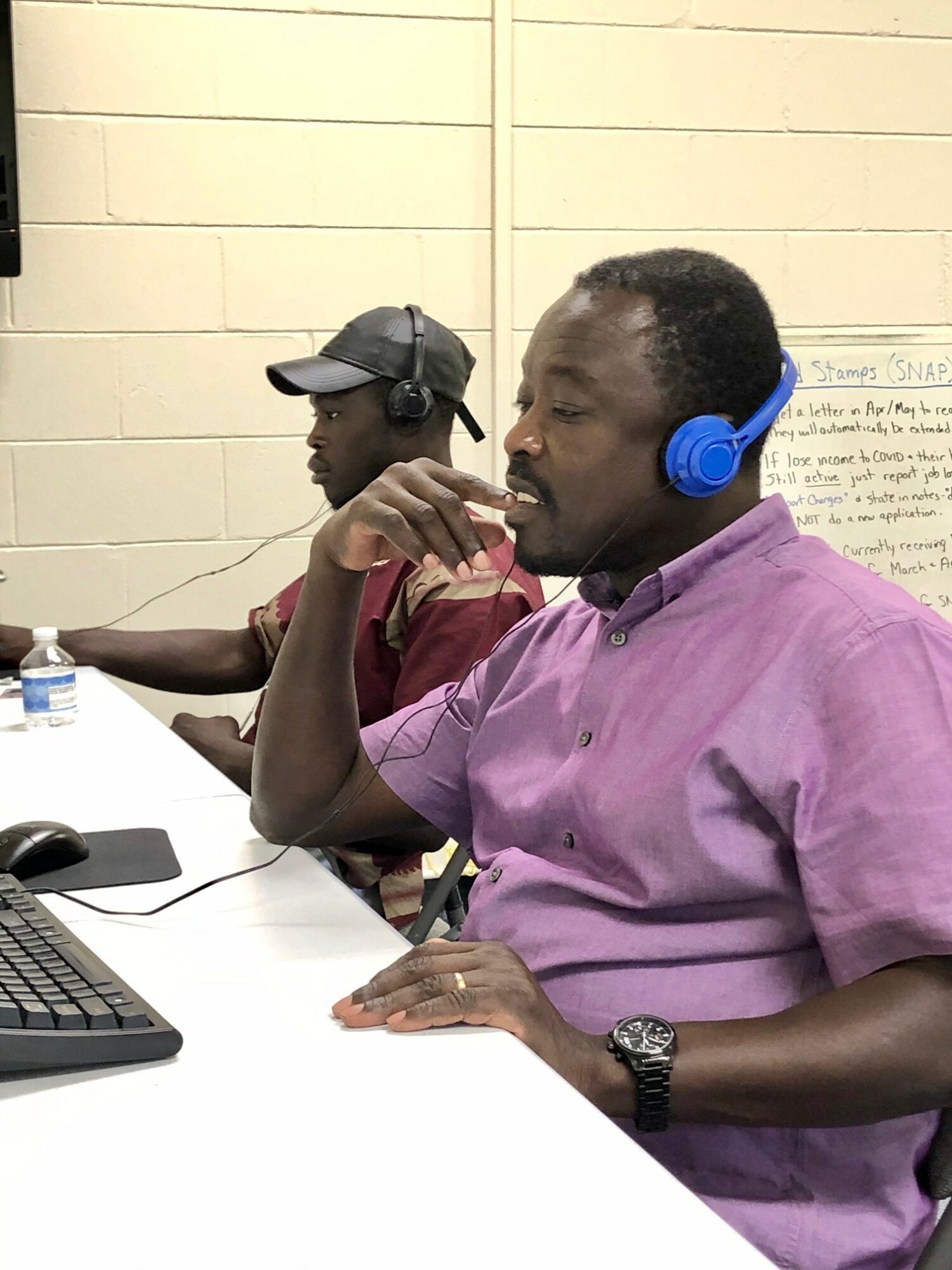
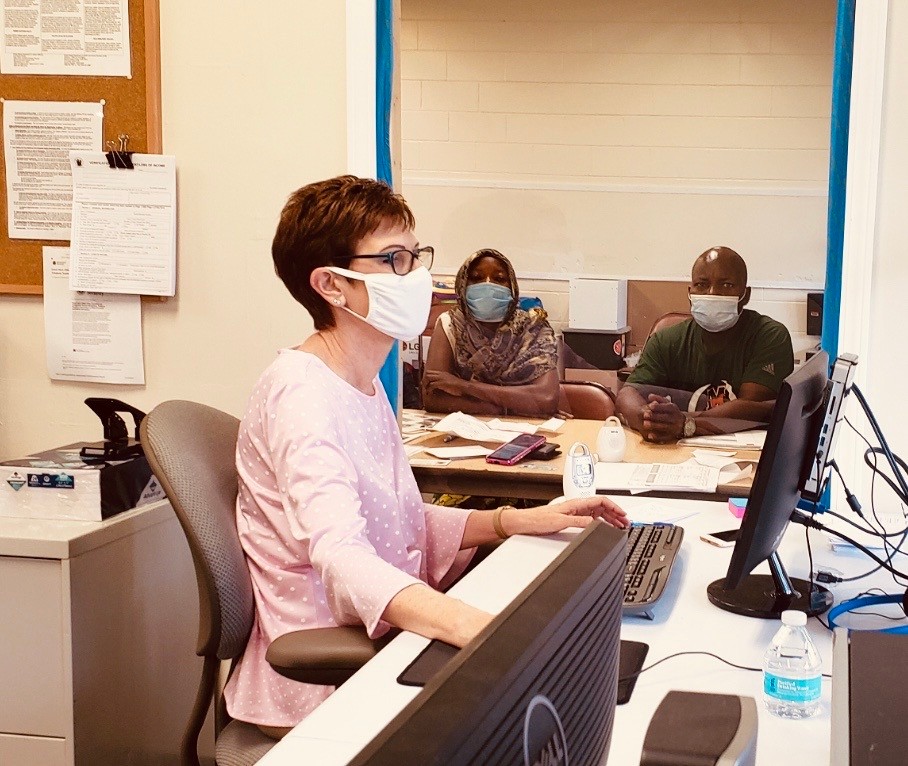
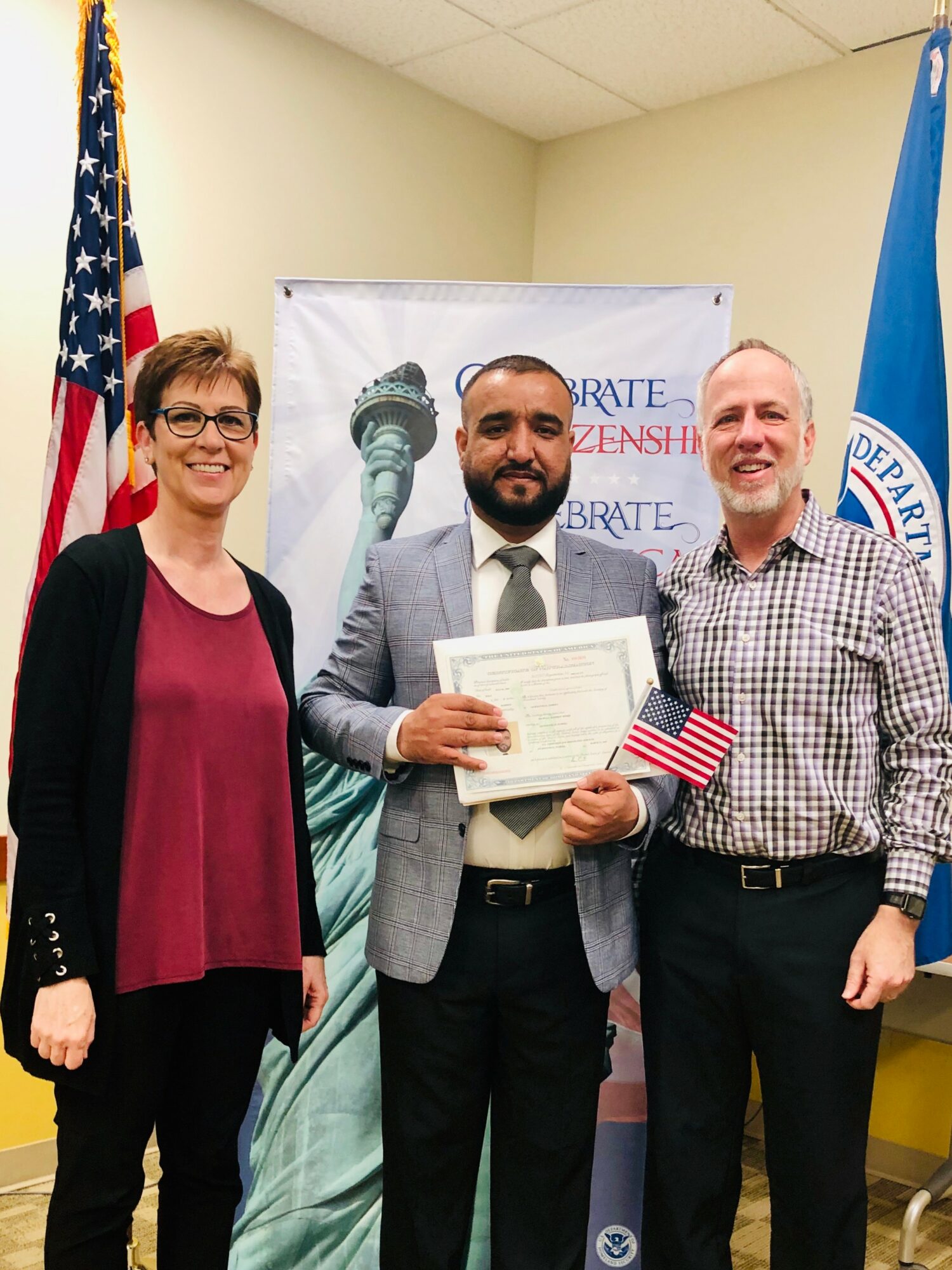
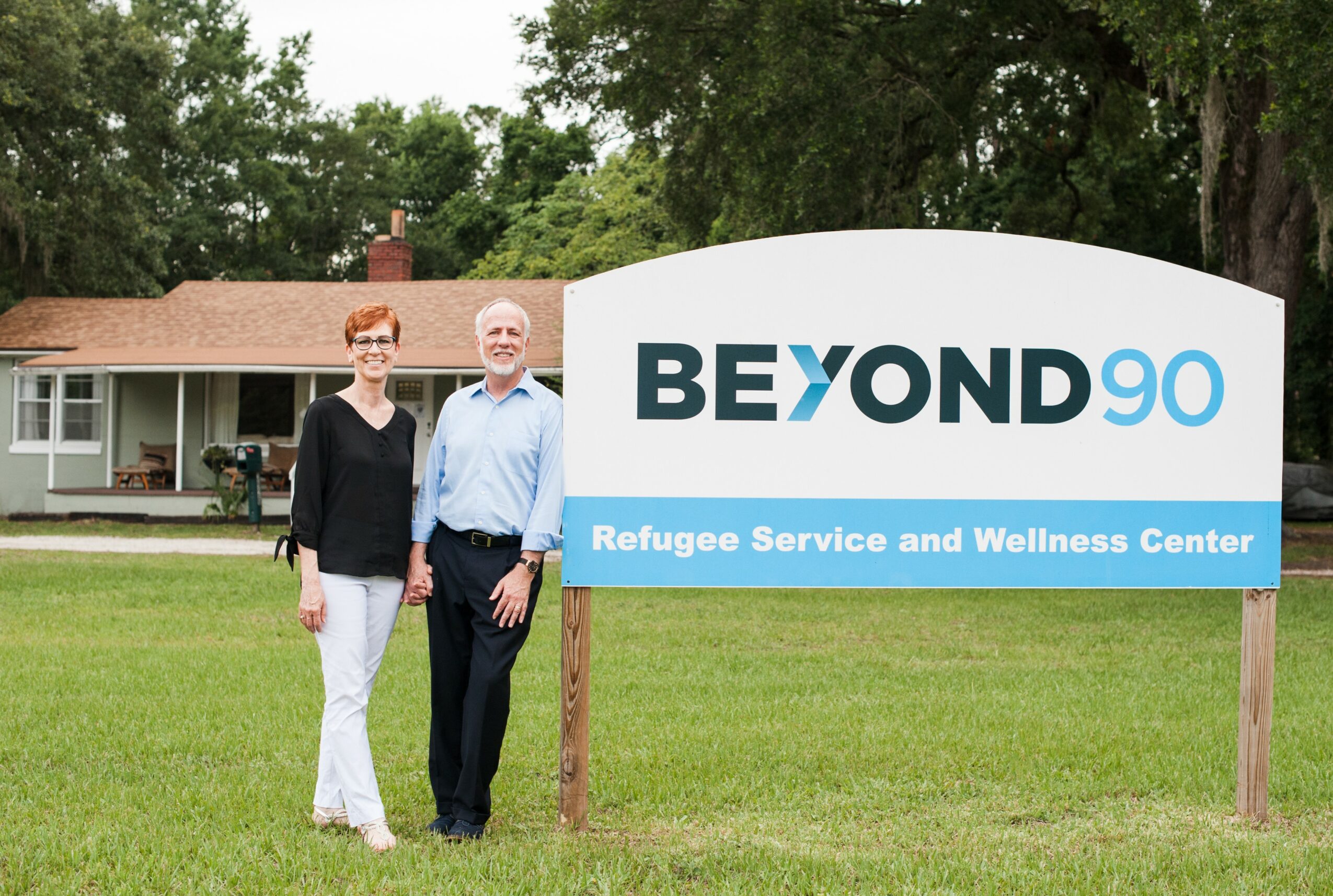
Image Credits
Kristin Balcita Photography
Adrian May Photography











